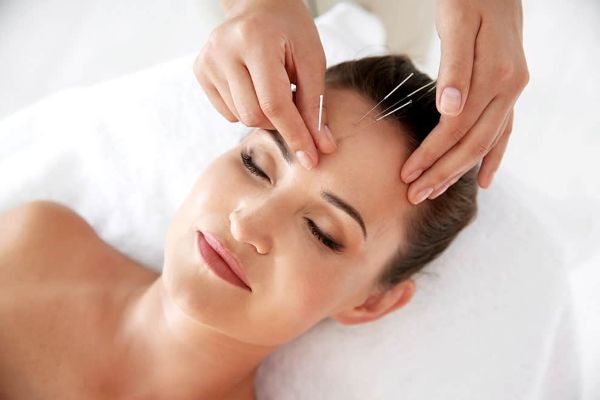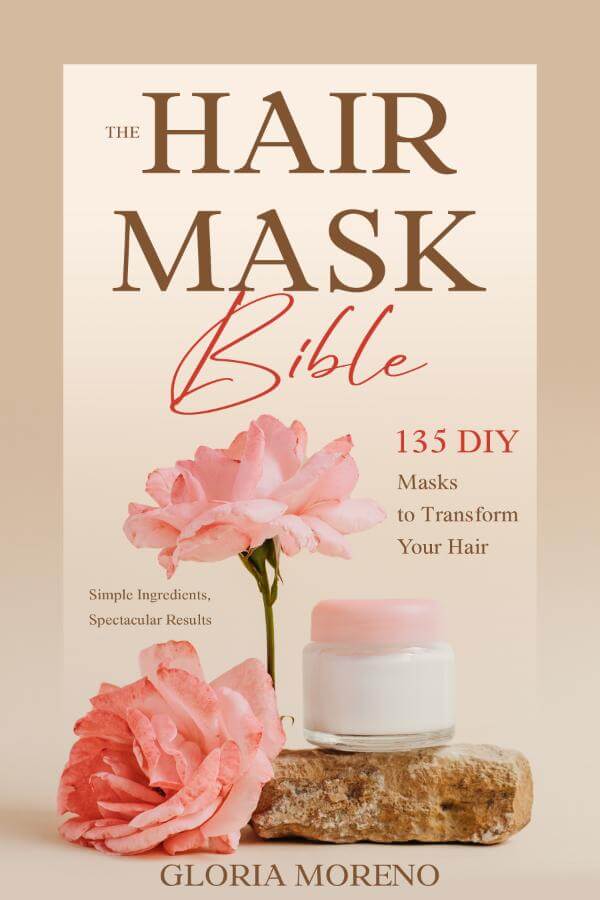
Acupuncture is a traditional Chinese medical practice that has been used for centuries to treat a variety of conditions. It involves inserting thin needles into specific points on the body to stimulate the body’s natural healing response. In recent years, acupuncture has gained popularity as a natural way to combat the signs of aging, including wrinkles.
In this article, we’ll explore the benefits of acupuncture for wrinkles and how it works.
What Causes Wrinkles?
Before we dive into the benefits of acupuncture for wrinkles, it’s important to understand what causes wrinkles in the first place. Wrinkles are a natural part of the aging process, and they occur when the skin loses elasticity and collagen. Collagen is a protein that gives skin its structure and keeps it firm and elastic. As we age, the body produces less collagen, leading to sagging skin and wrinkles.
Other factors that can contribute to wrinkles include:
- Sun damage: Exposure to UV rays can damage collagen and elastin fibers in the skin, leading to wrinkles and fine lines.
- Smoking: Smoking can accelerate the aging process and cause wrinkles to appear prematurely.
- Poor diet: A diet that is high in sugar and processed foods can lead to inflammation in the body, which can contribute to wrinkles.
- Dehydration: When the body is dehydrated, the skin can appear dull and wrinkled.
How Does Acupuncture Help with Wrinkles?
Acupuncture can help with wrinkles in several ways. First, it can stimulate collagen production in the skin. The needles used in acupuncture create microtrauma in the skin, which triggers the body’s natural healing response. This response includes the production of collagen and elastin, which can help plump up the skin and reduce the appearance of wrinkles.
In addition to stimulating collagen production, acupuncture can also improve circulation in the skin. Improved circulation can help deliver oxygen and nutrients to the skin cells, which can help keep them healthy and vibrant. This can lead to a more youthful appearance and can help reduce the appearance of wrinkles.
Acupuncture can also help reduce stress, which can be a contributing factor to wrinkles. Stress can cause the body to produce cortisol, a hormone that can break down collagen in the skin. By reducing stress, acupuncture can help protect collagen and keep the skin looking firm and youthful.
What to Expect During an Acupuncture Session for Wrinkles?
If you’re considering acupuncture for wrinkles, you may be wondering what to expect during a session. Here’s what typically happens:
- Consultation: Your acupuncturist will begin by asking you about your medical history and any concerns you have about your skin. They may also examine your skin to determine the best treatment plan.
- Needle insertion: The acupuncturist will insert thin needles into specific points on your face and body. These points may include areas around the eyes, mouth, and forehead. You may feel a slight prick or tingling sensation, but the needles should not be painful.
- Needle retention: The needles will be left in place for about 20-30 minutes. During this time, you can relax and let the acupuncture do its work.
- Needle removal: After the needles are removed, the acupuncturist may apply a soothing cream or oil to your skin.
- It’s important to note that acupuncture for wrinkles is not a one-time treatment. You will likely need several sessions to see significant results. Your acupuncturist will work with you to develop a treatment plan that is tailored to your specific needs.
Potential Risks and Side Effects
- Acupuncture is generally considered safe when performed by a licensed and trained practitioner. However, like any medical treatment, there are potential risks and side effects. These may include:
- Bruising: It’s common to experience some bruising or redness at the needle sites, but this should resolve within a few days.
- Infection: While rare, there is a small risk of infection from acupuncture. It’s important to ensure that your acupuncturist uses sterile needles and follows proper hygiene protocols.
- Bleeding: Acupuncture can sometimes cause minor bleeding at the needle sites. This is usually not a cause for concern, but your acupuncturist should be informed if you experience excessive bleeding.
- Pain: Acupuncture should not be painful, but some people may experience discomfort during the needle insertion process. If you experience significant pain or discomfort, let your acupuncturist know immediately.
It’s important to speak with your healthcare provider before trying acupuncture for wrinkles, especially if you have any underlying medical conditions or are taking any medications.
Other Ways to Reduce Wrinkles Naturally
While acupuncture can be a helpful tool in the fight against wrinkles, it’s not the only solution. There are several other natural ways to reduce wrinkles and promote healthy, youthful-looking skin. Here are a few tips:
- Protect your skin from the sun: Wear sunscreen daily and avoid prolonged sun exposure, especially during peak hours.
- Stay hydrated: Drink plenty of water to keep your skin hydrated and healthy.
- Eat a healthy diet: Focus on whole, nutrient-rich foods like fruits, vegetables, lean protein, and healthy fats.
- Quit smoking: Smoking can accelerate the aging process and cause wrinkles to appear prematurely.
- Get enough sleep: Aim for 7-9 hours of sleep each night to promote healthy skin and overall well-being.
- Manage stress: Stress can contribute to wrinkles, so find ways to manage stress through meditation, yoga, or other relaxation techniques.
Conclusion
Acupuncture is a safe and natural way to reduce the appearance of wrinkles and promote healthy, vibrant skin. By stimulating collagen production, improving circulation, and reducing stress, acupuncture can help you achieve a more youthful appearance.
However, it’s important to speak with your healthcare provider before trying acupuncture for wrinkles, and to remember that it’s not a one-time treatment. With consistent treatment and a healthy lifestyle, you can reduce the signs of aging and enjoy healthy, radiant skin for years to come.


